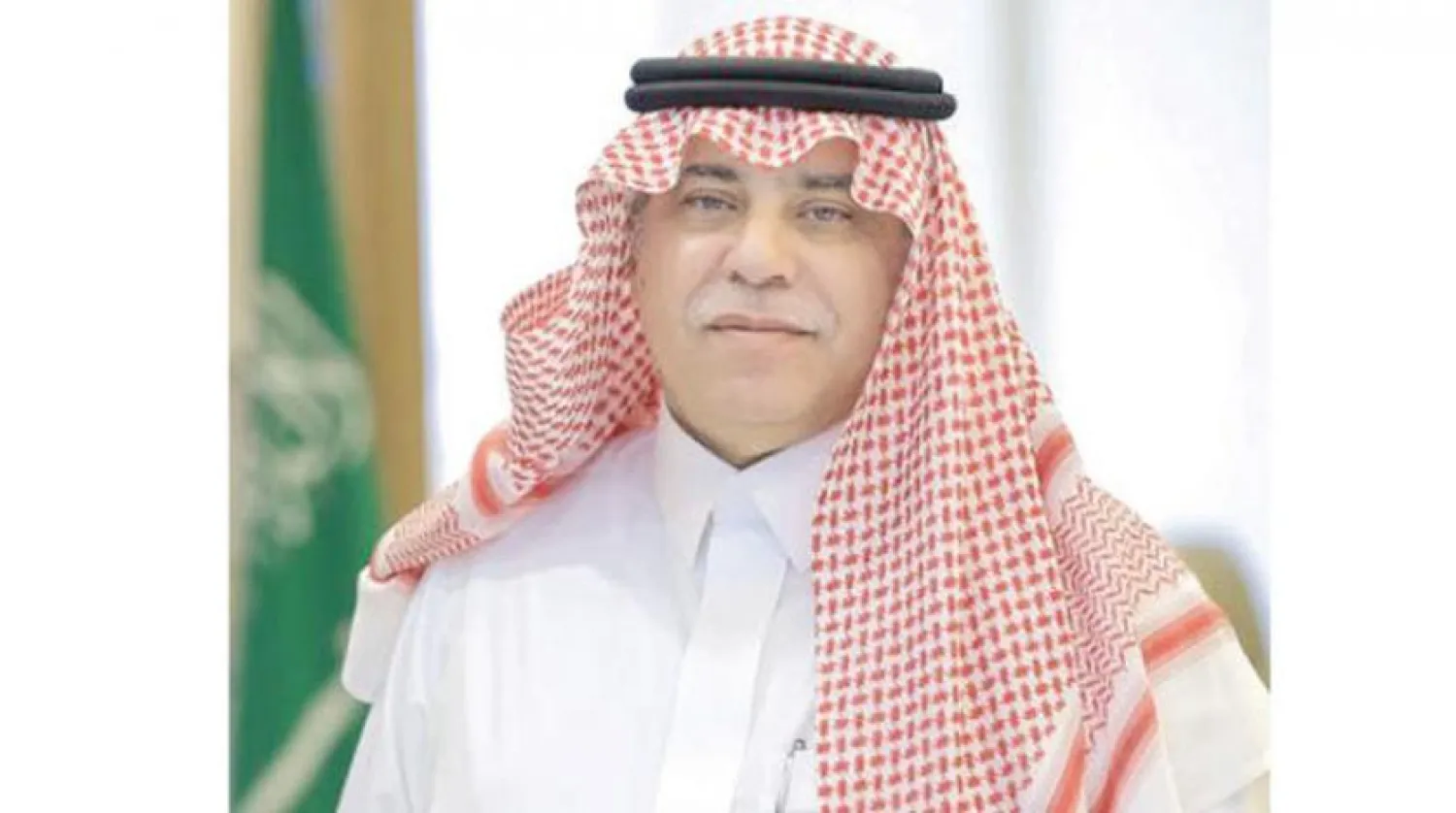Saudi Standards, Metrology and Quality Organization (SASO) announced on Wednesday its efforts to establish 188 quality standards for emerging Saudi projects.
The organization explained that it has revoked 47 licenses in 2016 from the facilities concerning product quality, while issued over 17 thousand licenses to effectively utilize energy-efficient cards.
Commerce and Investment Minister Majid Al Qasabi said that the focus is on establishing confidence in Saudi standards and regulation.
Refining standards and reducing low-quality products availability aims at enhancing the competitiveness of the Saudi economy, added Qasabi.
On that note, SASO announced holding the National Quality Conference in its sixth session from Nov. 28 to 30, in Dammam.
“The Road to Excellence and Leadership” conference will see the participation of quality experts, both local and international, in order to support and enhance the quality process in the Kingdom of Saudi Arabia.
The conference comes as a continuation of SASO's efforts to root and consolidate the concepts of quality and its applications in the targeted business sectors within the Project of the National Quality Strategy, and to achieve the vision of the Kingdom, which is “Saudi Arabia with its products and services shall be a global standard for quality and excellence by 2020”.
More so, the conference aims to spread the culture of quality across different sectors of society, so that it can be familiarized with modern trends and applications in the field of total quality, and to highlight its role in strengthening the national economy.
In addition, the conference aims to focus on applied quality practices, to promote quality culture in the public sector, to review and exchange local and international practices in the fields of quality, and to spread principles of creativity and innovation, improving national services and products quality.
However, the conference adopts the combined method of reassessing future directions, benefiting from the distinguished international experiences and practices, and reviewing the leading national experiences.
This reflects the keenness of bodies participating in organizing to achieve a qualitative leap to adopt quality practices on the ground.









